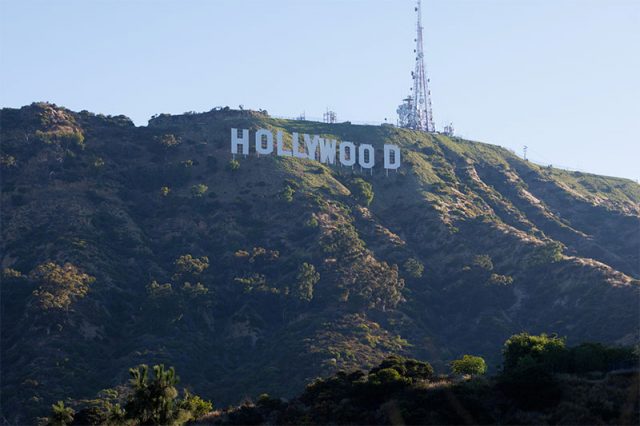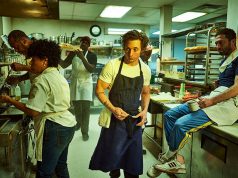
Like a plot from the anthology television series “Black Mirror,” the Screen Actors Guild says it is battling the studios for control over the digital replicas of performers that could be used “for the rest of eternity.”
The studios counter that they have offered groundbreaking protections from misuse of images.
Artificial intelligence has become a sensitive issue for film and television actors, who fear that artificial intelligence could be used to duplicate their voices and likenesses. Actors have used contract talks with the Hollywood studios to assert control over how these digital simulations are used on screen. It is one of several sticking points in contract talks with the Hollywood studios, which ended Wednesday without agreement.
The AMPTP, the group negotiating on behalf of Walt DisneyDIS.N, NetflixNFLX.O and other major studios and streaming services, said it had agreed to a “groundbreaking AI proposal” that would protect performers’ digital likeness.
Such protections, the studios noted, would include gaining an actor’s consent to create and use a digital replica, or digitally alter their performance.
SAG-AFTRA chief negotiator Duncan Crabtree-Ireland took issue with that characterization during a press conference Thursday in Los Angeles.
“They propose that our background performers should be able to be scanned, get paid for one day’s pay, and their company should own that scan of their image, their likeness, and should be able to use it for the rest of eternity,” said Crabtree-Ireland. “So if you think that’s a groundbreaking proposal, I suggest you think again.”
The AMPTP said SAG-AFTRA’s claim that the digital replicas of background actors may be used in perpetuity with no consent or compensation is false. It said the current proposal would restrict the use of the digital replica to the motion picture for which the background actor is employed. Any other use would require that actor’s consent and bargaining for the use, subject to a minimum payment, the studios said.
SAG-AFTRA, Hollywood’s largest union, representing 160,000 film and television actors, announced its members would go on strike at midnight.
—Reporting by Dawn Chmielewski in Los Angeles; Editing by David Gregorio









